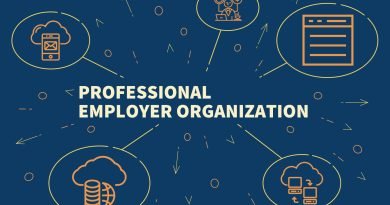Promoting Psychological Safety in Your Workspace
Hey there, imagine walking into your workspace with no safety measures in place – no protective equipment, no railings on high walkways, nothing. Makes you cringe, right? Well, you’d probably report it straight to OSHA. After all, everyone’s gotta look out for each other’s physical safety at work, right?
But here’s the thing we often miss – mental safety matters just as much as the physical kind. Yet, we often overlook it, and it’s high time we start focusing on it. As someone who’s leading a team, what can you do to ensure the psychological well-being of your team members? Let’s dive right in and find out!
So, first things first – What’s Psychological Safety?
Before we start talking about how you can establish a mentally safe workspace, let’s define psychological safety. It’s quite a simple idea, really. Psychological safety is about feeling safe enough to speak your mind, ask for help when needed, and not feeling like your job is at stake with every minor mistake you make. Basically, it’s about feeling secure in your work environment.
Now, What Could Mess Up Psychological Safety?
Sadly, many things that could threaten the mental safety of your team often go unnoticed. Common issues include promoting an overly competitive environment, not being open to feedback, punishing mistakes too harshly, and even allowing any form of discrimination. If any of these sound familiar, it’s time to take a hard look at your workplace policies. After all, if your team members don’t trust you, they won’t be able to give their best at work.
So, How Can You Make Your Workspace Psychologically Safer?
Well, now that we know what could harm psychological safety, let’s talk about ways to safeguard it. Encourage your team members to open up about their workload and stress levels. Regularly check on their mental well-being. Make mistakes a learning opportunity for the whole team. And of course, invest in training for your team members. If you do these things, you’re creating a workspace where your team members feel valued and heard.
Wrapping it Up
In the end, psychological safety is not just some fancy term – it’s an essential part of a healthy work environment. Not taking it seriously can lead to a host of mental health issues among your team members, which, of course, no one wants. So, make sure to create a workspace that’s not only physically safe but mentally too.
Craving more tips on ensuring a psychologically safe workplace? Keep an eye on our blog – we’ve got loads more helpful articles coming your way!




